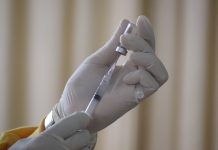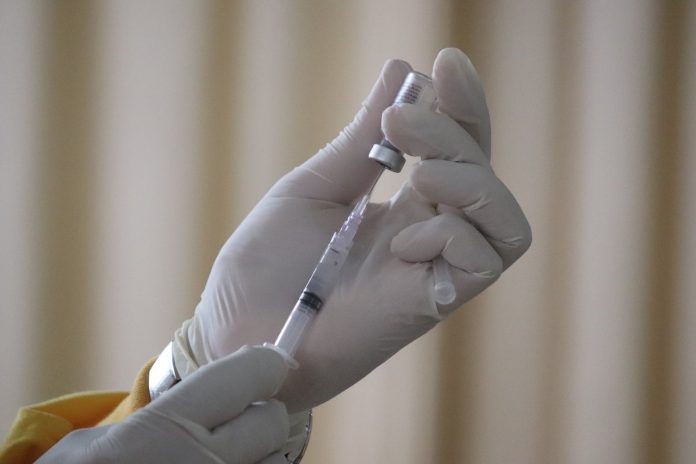When you have had the shot, what happens next?
Associate professor Allison Imrie, UWA virologist, said there is no specific information on how to maximise the immune response to Covid-19 vaccine.
“It is best to be as healthy as possible. Get as much sleep as possible, take exercise and eat well, for your best chance of responding well to the vaccine.
“It is not surprising that cats and other animals that live close to humans can be infected, but there is no evidence of Covid being spread by pets and we know from the experience of the US that they are no threat to us.
“Influenza and Covid viruses are very different but both are transmitted primarily by aerosols from the breath of an infected person spreading and infecting others through their nose and throat.”
An article in New Scientist lists some ways you may be able to boost the immune response to a vaccine. These suggestions are drawn from research on other vaccines but may also apply to Covid-19.
Minimise your level of stress. A positive mood on the day of vaccination is associated with a higher antibody response to a flu shot in older people.
Sleep duration on the two nights before a flu vaccination is a good predictor of the immune response several months later. Exercise during the day may help you get plenty of deep sleep, which appears to be important. At the very least it can’t do you any harm.
Having good social support, including being married, has been linked to good responses to flu and hepatitis vaccination. It might be so with Covid-19.
Get enough exercise, not just for general health but to boost your antibody response. People who received a tetanus vaccination after completing a marathon had a higher antibody response than non-runners and women who used an exercise machine in the 45 minutes before a flu vaccination had a higher antibody response a month later than those who did no exercise.
Once you receive your jab don’t assume you are safe yet. Vaccines take at least two weeks to act and most Covid-19 vaccines need two shots to boost your immunity.
Even then not everyone is protected, a small percentage of people can still get the virus, but are unlikely to get seriously ill. Scientists don’t know why this is so.
In results from Scotland, five weeks after receiving their first dose, those who received the Oxford/AstraZeneca jab had reduced their risk of hospitalisation by 94 per cent, and those who received the Pfizer vaccine by 85 per cent.
Even if all is fine you will probably need an annual booster shot, like you have for flu. No one has been vaccinated for long enough for us to know how long Covid-19 immunity lasts.
Your age, sex, nutritional status, gut microbes and the state of your immune system may all play a role in how effective the vaccine is.
However, Professor Imrie said the vaccine works well in most people, although less well in older people.
“I encourage all people to have the vaccine. It gives very effective protection and protects you from getting sick,” she said.



































